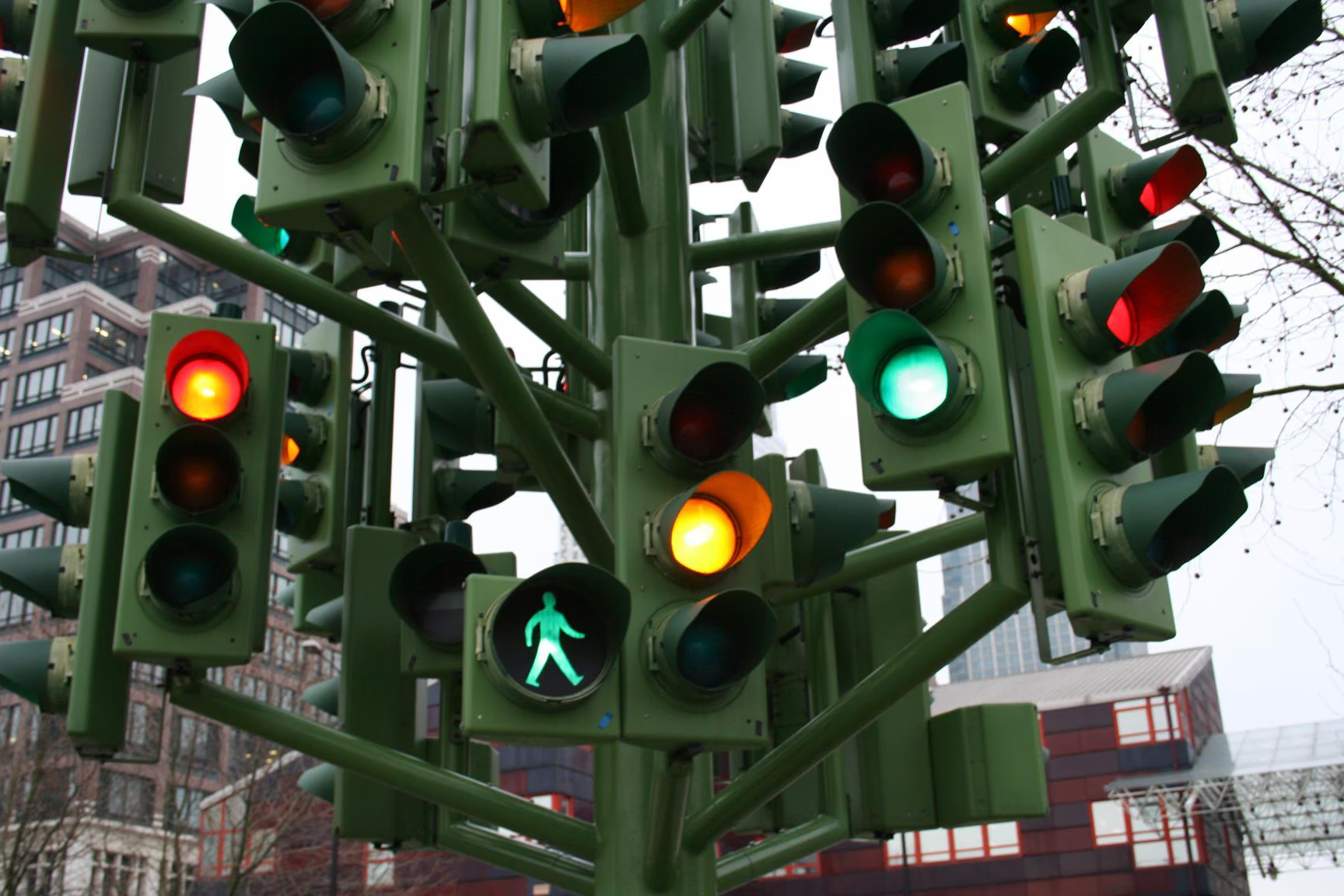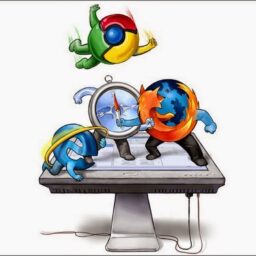Famously, Google used to have a practice dubbed “20% time”: about one day a week, engineers were {expected ⊻ encouraged ⊻ permitted ⊻ tolerated ⊻ known}1 to work on something other than their nominal work; something they themselves chose.
Circa 2011, not long after I joined Google, I pitched a 20% project idea to my boss. In a nutshell, I wanted to optimise traffic light systems to improve traffic throughput. My motivation was to reduce wasted fuel – and therefore pollution and cost to drivers. Granted I didn’t have much more than the goal at that point – with some ideas about starting with simulations and models, and working with the Google Maps & Streetview teams, if I recall correctly. In any case, my boss said no. That wasn’t relevant to Google nor something Google was interested in, I was told.
Well, apparently now it is – Google has a publicly disclosed project “Green Light” to do exactly that. Evidently as far more than merely a 20% project (although I’m curious if that’s how it started).
I always felt the denial by management was misguided. It seemed at odds with official company policy. But, contrary to what this post might seem to imply, it didn’t weigh on me. I was a bit miffed, but largely forgot about it until I happened to hear about Green Light and was reminded. Now it’s perhaps a sliding doors thought exercise.
Executive decrees, employee handbooks, even public promises, are all weak against undermining management.
Canary Wharf traffic lights photo by Martin Pearce, CC BY-ND 2.0.
- The ambiguity there reflects the wildly differing opinions I encountered while at Google starting in 2010. Though there was some official guidance about 20% time (e.g. in the employee handbook), asserting in writing that it did in fact exist and was supposedly encouraged, in my first- and second-hand experience management were not at all keen on it. I met few Googlers who actually worked on a 20% project, and some kept it secret from management. ↩︎



